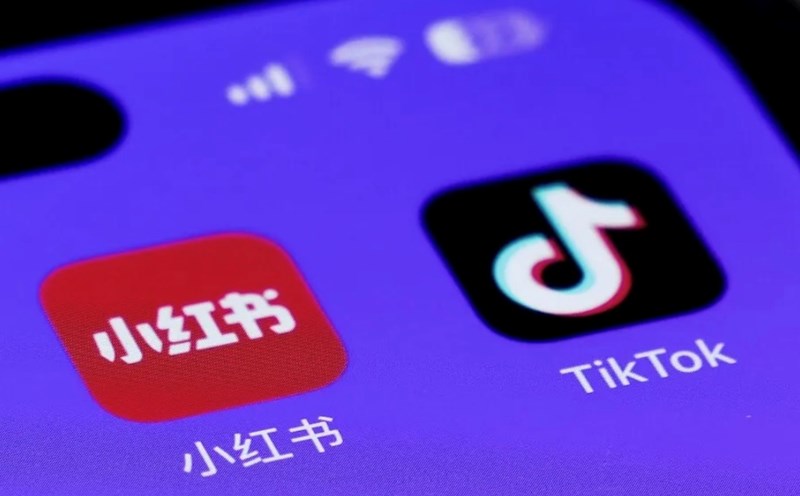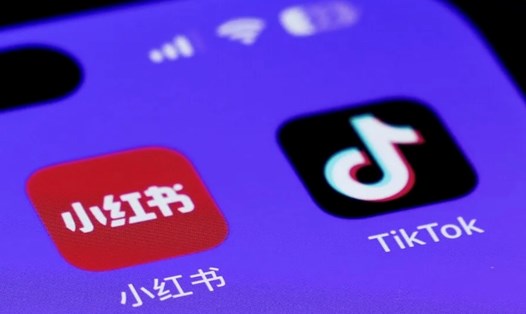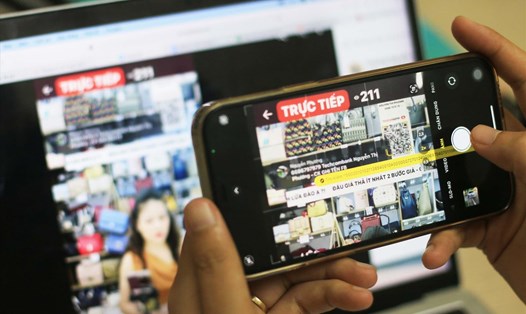When Facebook first appeared on university campuses in the US, it was an unprecedented connection phenomenon. Users post everyday moments, share personal thoughts, and stay in touch with friends easily. Twitter (later X) continues with short but nuanced tweet lines, while Instagram opens up a space for people to tell stories through photos. However, the development journey of social networks does not stop at maintaining the original values.
Nowadays, platforms like Facebook, Instagram, TikTok are no longer just places to update your life or interact with friends. They have become huge money-making machines, where advertisements are everywhere and the content created by brands and celebrities dominates most of the space. Users no longer easily find simple status lines or dinner photos of friends, but instead use promotional videos for a new skin care product or dating app.
This change raises a big question about the true purpose of social media: Are they still a place to connect people with people? As large platforms are increasingly moving away from the original concept of social, a new trend is developing silently the rise of smaller social networks, focusing on truly connected communities.
Changes over time
Social media used to be a symbol of freedom of connection, where people could share their thoughts and experiences in the most authentic way. However, over time, these platforms have changed not only in appearance but also in nature. Facebook and Instagram, once a place to preserve personal memories, are now flooded with sponsored posts and content from influential people, promoting all kinds of products from dishwashing soap to dating apps.
Not only stopping at being flooded with advertising, the algorithms of these platforms are also gradually prioritizing content that can generate profits. Posts by friends and family - once the soul of social media - are now being pushed back to make way for viral videos or paid posts from big brands.
This "commercialization" has turned social networks into less "social" spaces. The human-people connection is gradually being replaced by the connection between users and brands. This not only reduces authenticity but also changes the way people interact online. Instead of chatting and sharing, many people now only Google suggested content without really connecting with anyone.
Major platforms like Meta (parent companies of Facebook and Instagram) are even looking for new directions beyond traditional social networks. Strong investment in the Metaverse virtual world and artificial intelligence (AI) is a clear testament to this change. Instead of focusing on improving human connectivity, they aim to create virtual spaces where users can shop, work and spend in the digital environment.
All of this makes social media increasingly unfamiliar with what it once represented. No longer a place to maintain personal relationships, large platforms are now like digital shopping malls, where the main goal is to retain users as long as possible to maximize profits.
Netizens and "social" options
As large platforms gradually lose their original identity, users begin to search for new spaces - where they can truly feel connected and belong in a community. The rise of smaller social networks is an inevitable reaction to the commercialization of the "big guys" in the industry.
In many countries around the world, platforms such as Mastodon, Nextdoor or Truth Social are not simply copies of Facebook or X. They create small communities where people can interact based on common interests or special interests. Mastodon, for example, allows users to choose to participate in different servers, each focusing on a specific topic such as games, cuisine or social activities. Unlike major social networks, Mastodon does not use algorithms or ads to navigate content, helping users have a more realistic and natural experience.
The development of small social networks is not only a temporary trend but also reflects the deep need of people: The desire for real connection. Studies show that small communities help reduce social pressure, especially for young people. Instead of trying to achieve the perfect standard on Instagram or TikTok, they can freely express themselves in a friendly environment, not dominated by virtual standards.
This trend was also predicted by experts. Many founders of large social networks have admitted that the future of online communication does not lie in giant platforms, but in small communities where each person feels an important part. Ethan Zuckerman, a public policy expert, has emphasized that people do not need a single social network to dominate everything, but a small space to connect with different groups.
The diversity of this choice also means that each person's online identity is becoming more and more disjointed. Instead of just using one platform, people can now use LinkedIn to connect work, Discord to chat while playing games, and Artifact to discuss news. This not only expands the scope of connection but also helps each person better control how they express themselves online.
The future of social networks may soon no longer depend on technology "giants". Instead, it will be a diverse picture, where small communities coexist and develop, truly reflecting the rich and complex nature of human life. In a constantly changing digital world, perhaps small, genuine connections are what we need most.











